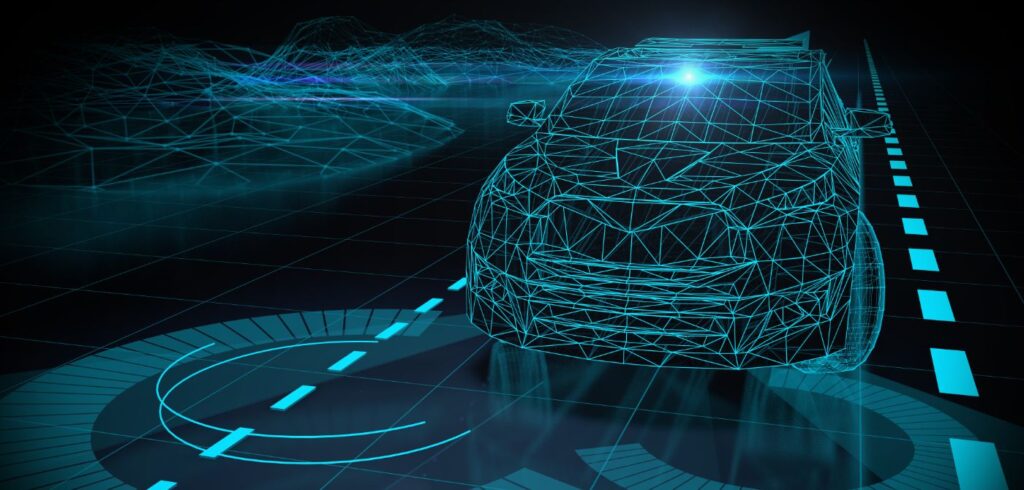A three-year collaborative research project between Zenseact and CERN which evaluated deep learning methods and processes has now been completed. The pair focused on computer vision – “an artificial intelligence discipline dealing with how computers interpret the visual world and then automate actions based on that understanding”.
The aim of the partnership was to make deep learning more accurate and efficient with the target of autonomous cars making the right decisions faster. Both Zenseact and CERN placed a focus on solving real-life problems relating to the AV technology.
“Deep learning has strongly reshaped computer vision in the last decade, and the accuracy of image recognition applications is now at unprecedented levels,” said Christoffer Petersson, research lead, Zenseact. “But the results of our research show that there’s still room for improvement when it comes to running the deep learning algorithms faster and more energy-efficient on resource-limited on-device hardware. Simply put, machine learning techniques might help drive faster decision making in autonomous cars.”
Advances in deep learning for computer vision have helped support the development of AVs, enabling them to perceive the environment with increasing levels of accuracy and detail. To achieve this, deep neural networks are utilized to find patterns and to extract the required information from camera images, including the exact location of surrounding obstacles such as vehicles and pedestrians.
For safety and efficiency, AVs must be able to react fast and make the right decisions in a timely manner. Because of this, strict runtime requirements are imposed on the neural networks which are employed to run on the embedded hardware in the vehicle. If these neural networks are compressed – by using fewer parameters and bits – algorithms can be executed more efficiently, resulting in less energy being used.
To evaluate this process, field programmable gate arrays (FPGA), a configurable integrated circuit used in science and technology domains, were chosen by the partnership as the hardware benchmark. With limited computing resources available for FPGAs, it is crucial to reduce to a minimum the required computing resources while keeping accuracy. With FPGA hardware requiring effective compression, the solution provides a challenging problem.
The result of the FPGA experiment was that computer vision tasks for automotive could be performed with high accuracy and short latency – even on a processing unit with limited computational resources.
“The project clearly opens up for future directions of research. The developed workflows could be applied to many industries, for example, automotive,” explained Christoffer.
The project was conducted within an open-source software environment, and the companies revealed that the project’s findings could clearly help autonomous driving – the results of the project were positive and show the possibility for future speed and accuracy increases in image recognition for AVs.
“The research is of significant importance for CERN,” explained Maurizio Pierini, physicist at CERN. “With AI growing in relevance for particle physics, future development of this research area could be a major contribution even to progress in multiple other areas in society.”


